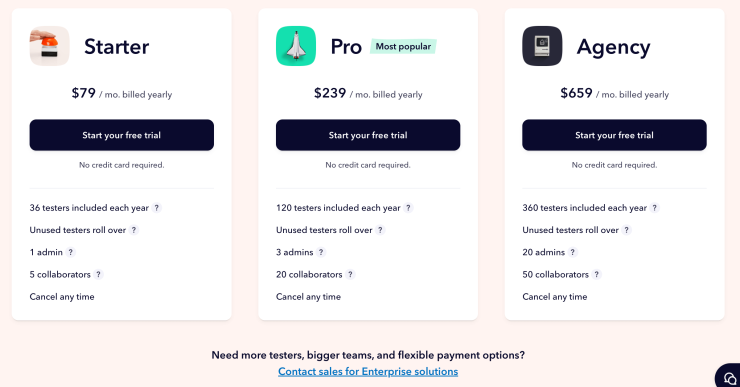Market Research vs. User Research: What's the Difference?
Published February 23, 2024 by Andrea in

In product design and development, two research superheroes often get mistaken for each other: market research and user research. While they might seem like distant cousins at a family reunion, each plays a unique role in guiding products toward success. Let’s dive into the fascinating world of research to uncover the differences between market research vs. user research and why they both deserve a spot in your strategic toolkit.
Start testing in minutes and get results within hours. Tap into our pool of 145k+ testers and watch videos of users interacting with your product on their devices. Discover what’s working for your product, and what’s not!
Start your free trialMarket Research: The Macro Explorer
Imagine you’re a captain sailing the vast ocean of potential customers. Market research is your trusty telescope, helping you scan the horizon for islands of opportunity. It’s all about understanding the who, what, and where of your potential market. Who are your competitors? What trends are shaping the industry? Where can you find your audience?
Market research is like having a bird’s eye view of the battlefield before planning your attack. It involves analyzing data on market trends, competitor performance, and overall industry health. This research helps businesses answer big-picture questions like, “Is there a demand for our product?” or “Who are our biggest competitors?”
User Research: The Micro Investigator
Now, let’s zoom in from that bird’s eye view to a more intimate scene – perhaps a coffee shop where your potential users hang out. User research is like sitting down with them to chat over a cup of joe. It’s focused on understanding the how and why behind user behavior. How do users interact with your product? Why do they prefer competitor A over competitor B?
User research is the magnifying glass that brings the fine details into focus. It’s about getting into the minds of your users to understand their needs, preferences, and pain points. This type of research can involve methods like user testing, interviews, and surveys. It’s the key to designing products that not only meet but exceed user expectations.
Why Both Are Crucial
You might be thinking, “Do I really need both?” The answer is a resounding yes! Market research and user research complement each other like peanut butter and jelly. While market research gives you the lay of the land, user research shows you the treasure spots. Together, they ensure that you’re not just creating a product that sells but one that resonates deeply with your users.
Market Research in Action
Imagine you’re launching a new fitness app. Market research helps you understand the competitive landscape, identify your target demographic, and spot trends in the health and wellness industry. It’s the foundation upon which you build your strategy.
User Research in Action
With the insights from market research in hand, you dive deeper with user research. You conduct interviews with fitness enthusiasts to understand their workout habits, challenges, and what they look for in an app. This information is gold dust for designing an app that fits seamlessly into their lives.
Userbrain: Your Partner in User Research

While market research might require you to look outward, Userbrain helps you zoom in on what matters most: the user experience.
Our platform offers a straightforward, no-frills approach to user testing, making it easier than ever to gather the insights you need to make your product shine.
With Userbrain, you’re not just building a product; you’re crafting experiences that delight and engage.
Wrapping up the market research vs. user research debate
Market research and user research are two sides of the same coin. One gives you the broader context of your business environment, while the other offers a deep dive into your users’ hearts and minds.
By leveraging both, you’re equipped to make informed decisions that lead to successful, user-centered products.
Your next steps with Userbrain

Ready to unlock the full potential of user research?
Start your free trial with Userbrain today and discover how easy and impactful user testing can be. 🚀
Need some guidance before taking the plunge into the deep oceans of user research?
Book a call with our friendly team, and we’ll help you find the right user testing plan for your exact needs. 👋
Back to homepage